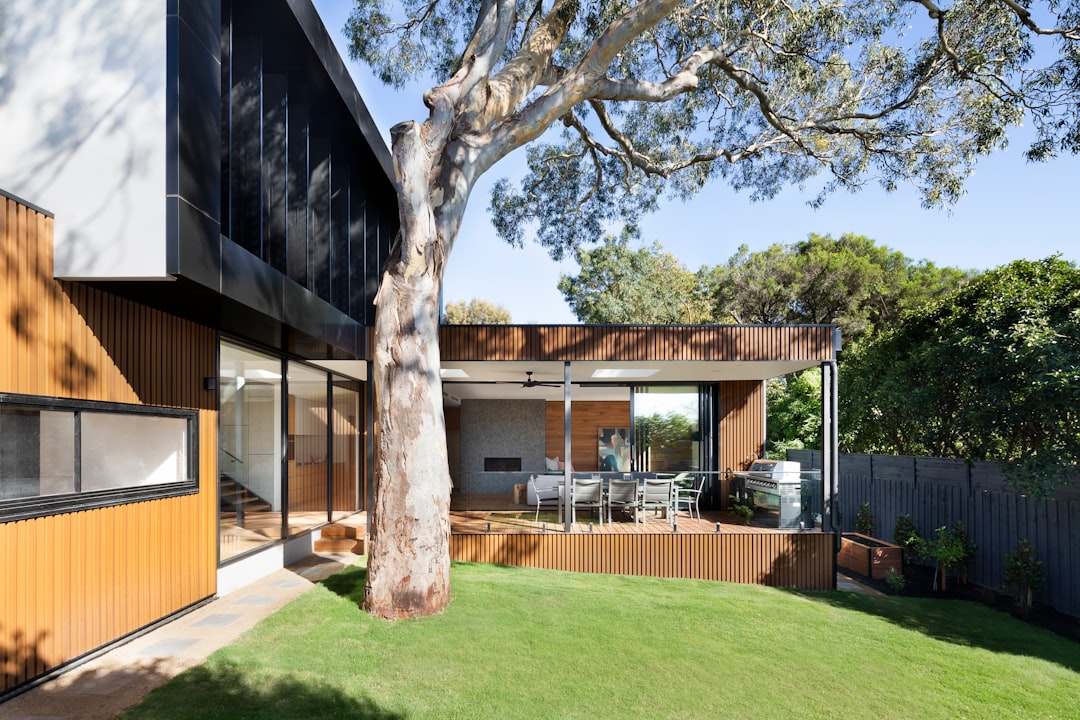Investing in real estate has long been a popular way for individuals to build wealth and generate passive income. One of the most common ways to invest in real estate is by owning rental properties. Rental properties can offer a number of financial benefits to investors, including a steady stream of passive income, tax advantages, and potential for long-term appreciation.
One of the most obvious financial benefits of owning rental properties is the rental income that they generate. When you own a rental property, you have the opportunity to earn a consistent stream of income each month from your tenants. This income can help to cover the costs of owning and maintaining the property, as well as providing you with a profit.
In addition to the rental income, owning rental properties can also provide investors with tax advantages. Rental income is considered passive income, which is taxed at a lower rate than other types of income. In addition, rental property owners can also take advantage of a number of tax deductions, such as for mortgage interest, property taxes, repairs and maintenance, and depreciation. These deductions can help to offset the income generated from the property and reduce the amount of taxes that you owe.
Another financial benefit of owning rental properties is the potential for long-term appreciation. Over time, real estate tends to increase in value, which can result in significant gains for property owners. By owning rental properties, investors have the opportunity to build equity in their properties and benefit from any increase in property values. This can result in a substantial return on investment over the long term.
Owning rental properties can also provide investors with a level of financial security and stability. Unlike other types of investments, such as stocks or bonds, rental properties offer a tangible asset that can provide a steady source of income even in turbulent economic times. This can help to diversify your investment portfolio and protect you against market fluctuations.
One of the key considerations when investing in rental properties is the potential for cash flow. Cash flow is the difference between the rental income generated by the property and the expenses associated with owning and maintaining it. Positive cash flow occurs when the rental income exceeds the expenses, resulting in a profit for the property owner. This profit can be used to cover the costs of owning the property, as well as to reinvest in additional properties or other investments.
When calculating cash flow, it is important to consider all of the expenses associated with owning a rental property, such as mortgage payments, property taxes, insurance, maintenance and repairs, and property management fees. By accurately estimating your expenses and potential rental income, you can determine whether a property is likely to generate positive cash flow and be a profitable investment.
In addition to cash flow, investors should also consider the potential for appreciation when evaluating rental properties. Appreciation refers to the increase in value of a property over time, which can result in a significant return on investment for property owners. While appreciation is not guaranteed, real estate tends to increase in value over the long term, making it a relatively stable and predictable investment.
When evaluating potential rental properties for investment, it is important to consider a number of factors, such as the location of the property, the rental market in the area, the condition of the property, and the potential for appreciation. By thoroughly researching and evaluating each property, investors can identify properties that are likely to generate positive cash flow and provide a solid return on investment.
In conclusion, owning rental properties can offer a number of financial benefits to investors, including a steady stream of passive income, tax advantages, and potential for long-term appreciation. By carefully evaluating potential properties and considering factors such as cash flow and appreciation, investors can build a profitable real estate portfolio that provides a stable source of income and helps to build wealth over the long term. If you are considering investing in real estate, owning rental properties can be a smart and lucrative investment strategy.


